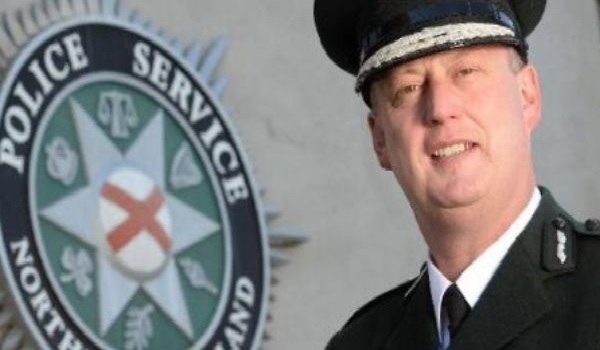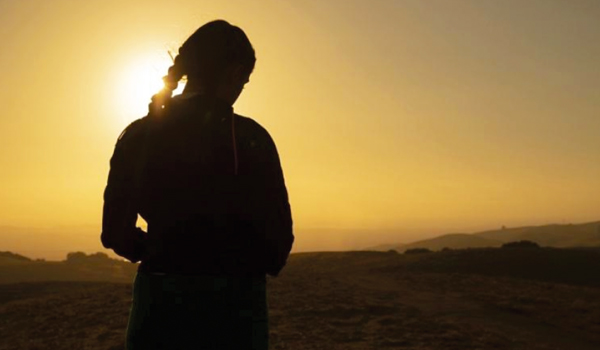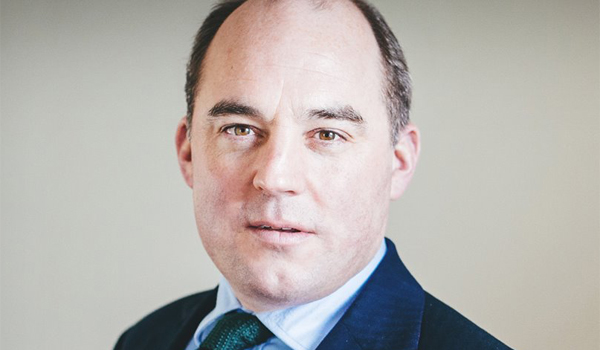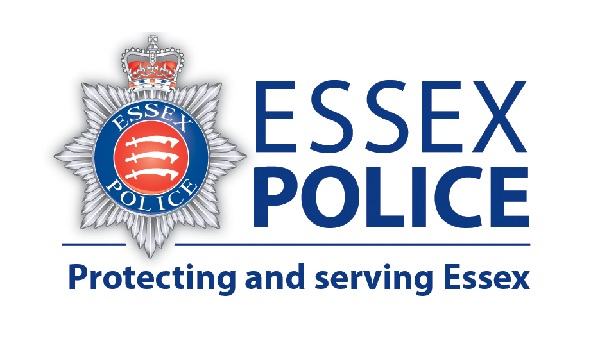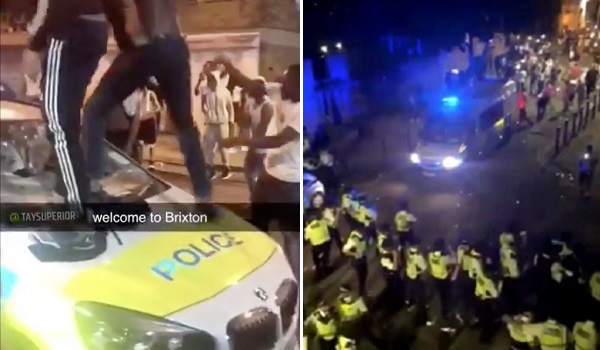Force records ‘upsurge’ in beatings and shootings by paramilitary groups
Paramilitary ‘punishment’ attacks are offering communities in Northern Ireland an “alternative quick-fix” form of policing, the province’s most senior officer has warned.
Parents and close relatives are reportedly “acquiescing” in a climate of fear, hoping to negotiate less severe beatings or shootings for their children amid a “culture of lawlessness”. Officers in today’s “madly wrong” society are being confronted with families who have plied their children with alcohol or powerful painkillers ahead of facing the punishment “appointments”, Police Service of Northern Ireland (PSNI) Chief Constable George Hamilton admitted. Mr Hamilton’s comments come in the wake of a 60 per cent upsurge in such attacks over the past four years. From 2013 to the end of last year the number of shootings and assaults from republican and loyalist paramilitary organisations increased dramatically, according to PSNI figures. Five years ago there were 64 such attacks, while in 2017 that figure rose to 101 shootings and beatings. The upsurge in paramilitary punishment attacks took a deadly turn this year with the murder of 28-year-old Raymond Johnston on February 13 while he cooked pancakes on Shrove Tuesday at his home in west Belfast. The New IRA is suspected. The PSNI believes dissident republican groups such as the New IRA or Continuity IRA have been responsible for 24 out of the 27 people wounded by firearms in this latest wave of paramilitary ‘punishment’ attacks. Many of the victims are often savagely beaten after being accused by armed loyalist and republican factions of criminal actions such as drug dealing or car theft, without any form of legal representation or appeal. In 2013 four physical beatings were carried out by republican dissidents, rising to 17 four years later. Some 34 assaults were carried out by those aligned to certain factions of the Ulster Volunteer Force and the Ulster Defence Association in 2013. That figure rose to 57 last year. Mr Hamilton said that some parents were going along with a system of “punishment attacks”, which in the case of dissident republicans is a means of offering the nationalist community an “alternative quick-fix” form of policing to the PSNI. He told The Guardian: “You have a culture of lawlessness and fear in some of these communities where the victims know who is shooting them; the parent knows who is shooting their child. “Sometimes parents are negotiating with these thugs to take the kid to certain places by arrangement. “It is not unknown to my officers that in certain circumstances parents have dosed their kids up with powerful painkillers and alcohol to remove the impact of the ‘punishment’ shooting or beating. “By colluding in this, they [the parents] are hoping to negotiate less severe beatings or shootings. “There is something madly wrong with society whenever parents even countenance doing that with their own children.” The chief constable said he did not blame the parents but saw events as an indication of the “climate of fear” paramilitary organisations were imposing on the areas they operated in. He said those behind such attacks were “quasi-terrorists who were and are very good at covering their forensic tracks”. In the absence of forensic evidence Mr Hamilton said even victims were reluctant to identify those behind the attacks. Liam Kennedy, the author of a major study into the long-term practice of alternative paramilitary policing in Northern Ireland They Shoot Children Don’t They?, said he was concerned that the trend “is still alarming upwards” for the attacks. “The last month has been a particularly vicious month. The victims are mainly young men from working-class areas, and not even children are immune,” reflected Mr Kennedy. “Last year three children were singled out for mutilation through gunshot wounds to the legs. This is child abuse of a kind comparable to the actions of paedophiles,” added the Queen’s University of Belfast lecturer


